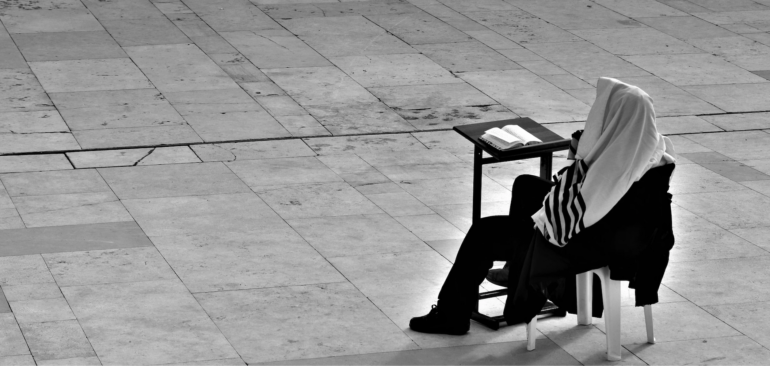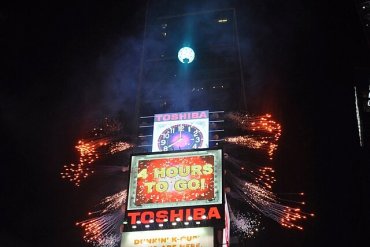
Does the COVID Pandemic Affect Fasting on Yom Kippur This Year?
Dear JITC-
What are some possible ways the Covid pandemic might affect fasting on Yom Kippur this year? If I have symptoms, if I’ve been exposed, if I’m sick, if I’m higher risk, if I’m the ba’al tefillah, etc?
Sincerely,
Avi
Dear Avi-
Thanks for your question. As you are probably aware, all mitzvos in the Torah are superseded when observing them poses a danger to human life, with three exceptions: we are not permitted to murder, to worship idols or to engage in acts of sexual immorality. But performing labor on Shabbos and eating on Yom Kippur are absolutely overridden if observing those mitzvos places one in mortal danger.
I am reminded of a famous incident involving Rav Yisroel Salanter (1809-1883), founder of the mussar movement. He faced a similar situation during the worldwide cholera outbreak of the 19th century.
It was the High Holiday season of 1848 and Rav Salanter was in Vilna, Lithuania. Aware that fasting on Yom Kippur would pose a danger to life, he placed notices in all the shuls directing people to shorten the services and – more surprisingly – not to fast. Concerned that people wouldn’t listen to his flyers, Rav Salanter took things one giant step further: on Yom Kippur morning, he walked to the front of the shul, made kiddush and ate in front of the congregation.
Such a public stand is bound to be controversial, and it was, with the result that Rav Salanter had to leave Vilna soon afterward. Nevertheless, he stood behind the propriety of the actions that he had taken, confident that he had saved lives. Years later, during a subsequent wave of the cholera epidemic, Rav Salanter reiterated that we must follow both the Torah and doctors’ orders. He cited the benefit of experience that those who followed doctors’ orders were able to remain free of the disease.
Now this is important: Covid-19 is not the same as cholera, and you and I are not Rav Yisroel Salanter. Just because he did this in 1848, that doesn’t mean that it’s necessarily the appropriate course of action in 2020. When it comes to the novel coronavirus, I don’t think that fasting poses a danger to the average person. (It’s Tzom Gedaliah as I write this, so I’m currently fasting during the Coronavirus pandemic, and not for the first time – we had 17 Tammuz and Tisha b’Av not that long ago!) But if someone has Covid-19, has been exposed or is in a high-risk group, then that person should ask their doctor and proceed accordingly.
A more appropriate course of action for our current pandemic is that services should be shortened. Seating should be arranged to maintain social distancing. Congregants should wear masks. Singing should be avoided. Hands should be washed. These are the proper measures to take in order to prevent the spread of Covid-19. But we don’t automatically get out of fasting because of a pandemic if fasting doesn’t actually pose a danger.
Sincerely,
Rabbi Jack Abramowitz
Educational Correspondent
Follow Ask Rabbi Jack on YouTube
If you found this content meaningful and want to help further our mission through our Keter, Makom, and Tikun branches, please consider becoming a Change Maker today.







